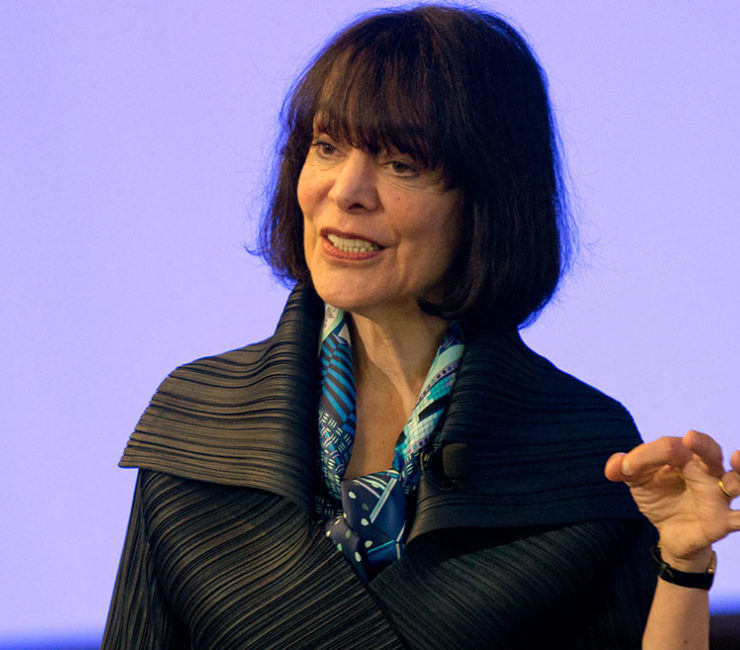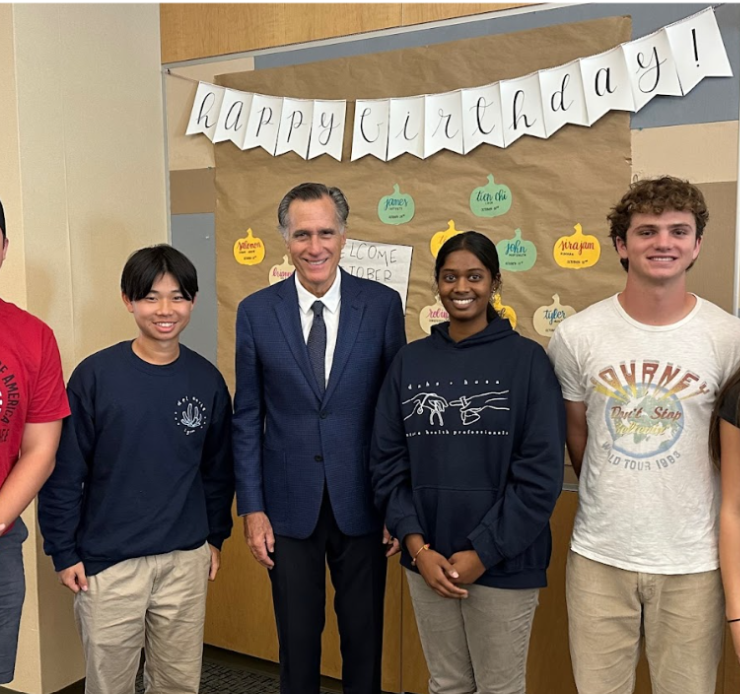Student Perspectives on Distance Learning vs Virtual Academy

Poway Unified School District announced a three-week break from school last March – essentially an extended spring break. The reactions were mixed; some were excited, some were scared, some were happy for a respite from normal, everyday school. However, this year PUSD has implemented Distance Learning.
“Communication and lack of motivation made [Virtual Learning Academy] very difficult,” said Stephen Walicki (‘22). This was a new environment for everyone, but despite these difficulties, Walicki admitted that the pass or fail aspect of classes relieved some of the stress he was dealing with as he adapted.
This sudden adjustment at the turn of the third trimester forced teachers to adapt and get creative with their lesson plans and class structure. This proved to be much easier for certain departments than others. Math teacher Reanna Hightower said the staff on her team collaborated very well and allowed her to create a nice rhythm in which she could have a balanced schedule with her life as a teacher and as a parent. Despite a multitude of pre-recorded lessons and biweekly meetings to connect with her students, Hightower said she did not see the situation as ideal and was worried about the preparedness of her students going into the following school year.
Some students say they felt more prepared in their time management skills. Andrea Baek (‘22) says that, without the worry of having to attend multiple extracurriculars before and after school, she has gotten the chance to start her work and go to bed earlier. Through all this trial and error, Baek says she has learned more about herself as a student, allowing her to maximize her time during this year’s Virtual Learning Academy.
While students are finding much more time on their hands in the new structure, teachers are experiencing the opposite.
Hightower says that while she is able to give students much better quality instruction in this environment, it has taken her much more time to do so. She added that she “[feels] more confident in what students know and don’t know. However, it is much, much, much more time consuming.” In fact, she claims she typically works 65 hours a week or more with this new method of teaching. She has come to utilize what she dubs a “flipped classroom,” where students watch videos and take notes for homework and work on problems in class, has enabled her to have this better security within her classes.
With the limited amount of time she is given during the shortened periods in the Virtual Learning Academy, Hightower has begun to question what is essential and what is non-essential in each lesson. She adds that at Del Norte they will never teach the bare minimum, but when given time restraints she’s had to focus on what will be most beneficial and crucial for student learning. All these adjustments and new learning methods have introduced teachers to newer, more interactive lessons that they will bring into the classroom that they might not have found otherwise. Hightower sees this as one of the benefits of this online environment, which has definitely pushed teachers to get creative and change their mindsets and the way they teach.
Similar to many other students and staff on campus, Hightower is eager to get back on campus and take these new lessons into her classroom with her students in person. Being limited to teaching through Zoom, and with the additional factor of virtual pre-recorded lessons and tutorials, Hightower has found little room for balance between her work and her personal life.
However, some students are willing to sacrifice in-person learning to be able to get back to “normal” life as soon as possible. Despite some students having the option of going back on campus for a few of their classes, Walicki states that he would rather continue his learning virtually for the time being. His soccer club has been giving teams more flexibility towards the size of their training sessions and games, and he believes that additional exposure to students at school seems unnecessary.
“I don’t want to be the guy that ruins such a great opportunity for a bunch of my best friends because I exposed myself to COVID for no reason,” said Walicki. Soccer is one of his top priorities and there are many other students on campus with similar mindsets.
Where Walicki has his soccer team, other students have a multitude of outside activities they are prioritizing over the option of in-person school, whether that be sports teams, hanging out with their close friends, or simply getting the chance to visit their elderly family members. Whether students and staff can see those important to them face-to-face or not, being cautious will support the community’s and loved ones’ health.
Mia Magdaraog is a former staff writer for The Talon. Besides writing, she likes to fill her indulging in all things music, fashion, and design. She hopes to pursue a career in these industries in the future.







